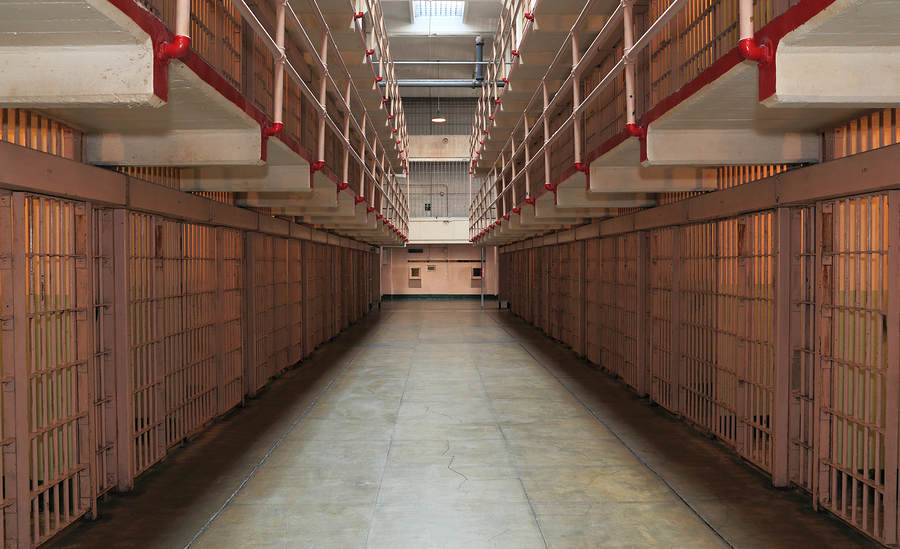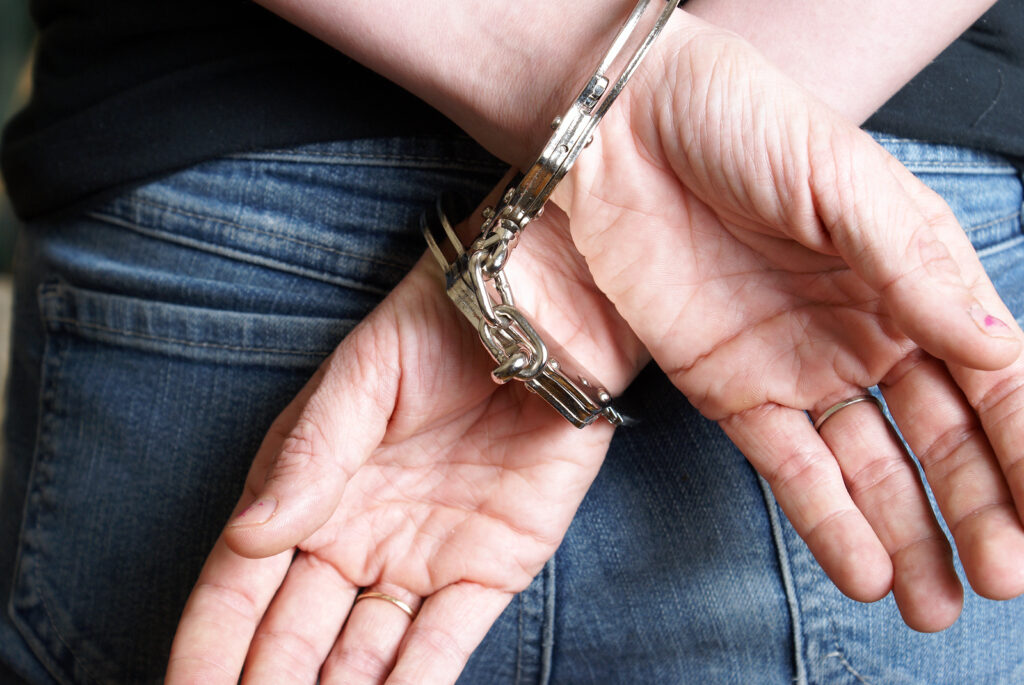
Pennsylvania Woman Dies in Jail Serving Time for Unpaid Fines
Whenever a prisoner dies within the confines of a cell, there is controversy and outcry. Famed complex Rikers Island has recently come under fire following a string of avoidable deaths of mentally ill prisoners, and in 2012, the death of marijuana misdemeanor inmate Michael Saffioti in Washington sparked a $10 million lawsuit. Sadly, another casualty has been added to the list: 55-year-old Eileen DiNino of Reading, Pennsylvania.

Mother of Seven Dies Mysteriously During 48-Hour Sentence
In life, Eileen DiNino was a mother of seven. Some of those children had a habit of skipping school, and after repeat instances of truancy — with 55 citations since 1999 — DiNino was sent to court and fined with $2,000. Due to her inability to pay the fine, she was given a two-day jail sentence at the Berks County Prison in Leesport. But DiNino would never emerge from her brief stay at the prison: some time during those 48 hours, she passed away.
DiNino’s body was discovered by prison personnel on the morning of June 7. An investigation into her death uncovered no signs of foul play, though the results of the toxicology report are still pending.
District Judge Dean R. Patton — who originally passed the two-day sentence — was shocked by DiNino’s fate. “Did something happen? Was she scared to death?” he asked.
An inconclusive autopsy offered little help. Solving the mystery of DiNino’s death may hinge on the toxicology tests.

“A Never-Ending Cycle of Poverty, Debt, and Incarceration.”
In the meantime, members of the legal community are expressing their dissatisfaction with the system which placed DiNino behind bars in the first place.
Judge Patton, who reluctantly handed down the sentence, says, “This lady didn’t need to be there. We don’t do debtors’ prisons anymore. That went out 100 years ago.”
Pennsylvania Senator Judy Schwank (D-Berks) has also leveled criticism at the standing laws, stating, “I cannot understand how someone ends up going to jail. They did not murder someone, they did not steal, they did not commit a felony. How does jail time equate to resolving this particular problem?”
It’s an issue which politicians on both sides of the aisle can agree on. Republican Berks County commissioner Christian Leinbach says, “There has got to be a better way to deal with truancy than putting somebody in prison. That unfortunately is part of the law in Pennsylvania, and I think it is insanity.”
According to the Pennsylvania Truancy Toolkit, “Every parent… having responsibility over any child of compulsory school age is subject to penalties if compulsory school-age attendance requirements are not met.” These penalties are contained within P.S. 13-1333, Act 29 of 1995, which cites a $300 fine per truancy violation. Section 1333, Penalties for Violation of Compulsory Attendance Requirements, also states that “in default of the payment of such fine and costs… the person so offending shall be sentenced to the county jail for a period not exceeding five days.”
As Judge Patton says, this effectively amounts to a system of debtors’ prisons — a system which the ACLU condemns as a predatory violation of the Constitution. “Debtors’ prisons are not only unconstitutional,” says Mike Brickner, who works with the ACLU in Ohio, “they are a cruel albatross that traps low-income people in a never-ending cycle of poverty, debt, and incarceration. Those who have been jailed for being poor have lost jobs, seen serious declines in their health, and faced family crises.”
The problem is more widespread than you might expect. While DiNino’s death is certainly a terrible extreme, her situation — being incarcerated for inability to pay truancy fines — is commonplace in Pennsylvania. The Reading Eagle reports over 1,600 people have been jailed under similar circumstances since 2000.
At Young, Marr, Mallis & Associates, we are experienced in criminal defense and juvenile law. To schedule your private and completely free legal consultation, call our law offices at (609) 755-3115 in New Jersey or (215) 701-6519 in Pennsylvania, or contact us online.





